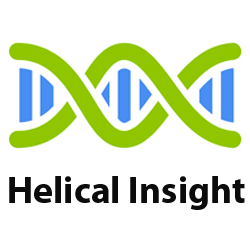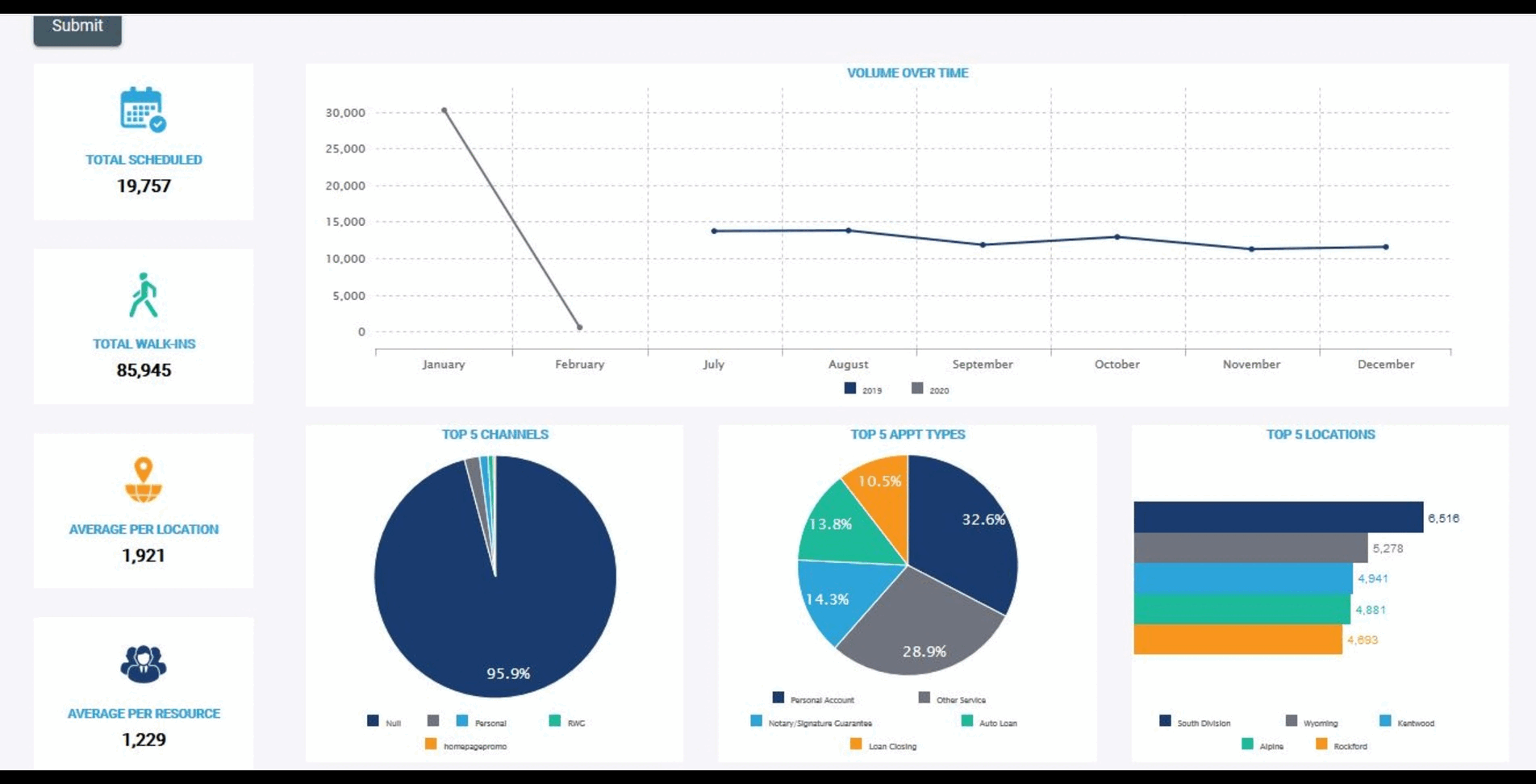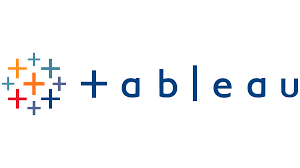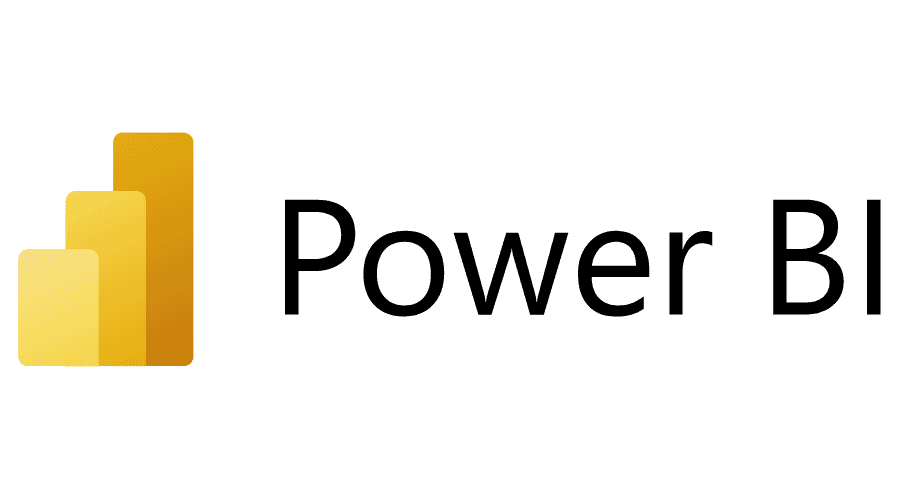In an era where data is abundant but insights are invaluable, open source data Analytics software offer a best solution. While there are countless data Analytics software options available, open-source solutions have gained significant traction due to their affordability, flexibility, and community-driven development. In this article, we’ll explore the top 5 open source data Analytics software that empower businesses to unlock insights from their data without breaking the bank.
Unlock the power of your data with Helical Insight – the leading open-source data analytics tool!
What is Open Source Data Analytics Software
Open Source Data Analytics is the practice of utilizing software tools that are created and made available under an open-source license to analyze and understand data. Open-source software allows users to access, modify, and distribute the source code freely, enabling collaboration and innovation within a community of developers and users.
Companies are increasingly turning to open-source data Analytics software for several reasons
- Savings: Since open-source software is usually free to use, overhead and license charges are decreased.
- Flexibility and Customization: Businesses are able to add or change features in open-source software to make it fit their own requirements.
- Community Support: A sizable user and development community that works on and supports open-source projects is beneficial to them.
- Transparency and Security: Companies can audit and validate the software’s security, guaranteeing data protection and integrity, thanks to the open source code.
- Scalability: Open-source software frequently scales effectively to accommodate high user and data volumes, making it appropriate for expanding enterprises.
5 Best Open-Source Data Analytics Softwares
1. Helical Insight

Provides a feature-rich business intelligence platform that includes real-time data Analytics and chat-based reporting. It gives companies the ability to use NLP and machine learning to study data, generate personalized reports, and share insights. Its focus on self-service makes it accessible to users across the organization.
Advantages:
- Comprehensive Business Intelligence (BI) platform offering a wide range of features.
- Open-source nature provides flexibility, customization options, and cost savings.
- Innovative chat-based reporting feature powered by Natural Language Processing (NLP).
- Real-time data Analytics capabilities for instant insights.
- Integration with various data sources for comprehensive data Analytics.
To download and try for free, plz register here. Reach out to support@helicalinsight.com for any more questions.

2. Tableau

Tableau is well-known business intelligence and data visualization application enables users to transform unstructured data into insightful knowledge. It eliminates the need for complex programming or coding knowledge by enabling individuals and organizations to create interactive and shareable dashboards, reports, and infographics.
Advantages:
- strong data visualization features with a large selection of maps, graphs, and charts.
- Easy to use drag-and-drop interface makes it simple to create dynamic dashboards.
- Smooth interaction with a range of data sources, including as spreadsheets, databases, and cloud services.
- Strong analytical skills, such as geographic Analytics and predictive analytics.
Unlock the power of your data with Helical Insight – the leading open-source data analytics tool!
3. Power BI

Microsoft created Power BI, a potent business analytics application. It is among the greatest tools in data analytics and enables users to see and analyze data from several sources in a cohesive and dynamic way.
Advantages:
- Strong business user self-service analytics features.
- Dashboards offer interactive displays for efficient data discovery.
- Natural language queries and automatic insights are two examples of AI-powered functionality.
- Enterprise-grade security features and scalability.
4. PostHog

A platform for product analytics that helps companies understand user behavior and optimize product experiences.
Advantages:
- Focus on product analytics for understanding user behavior and optimizing product experiences.
- Open-source and self-hosted, providing complete control over data privacy and security.
- Event-based analytics for tracking user interactions and behaviors in web and mobile applications.
- Extensive documentation and active community support.
5. Whatagraph

Whatagraph is designed for marketing and digital agencies to simplify the process of creating visual reports. It allows users to pull data from multiple sources and create automated reports.
Key Features:
- Easy integration with marketing tools.
- Automated report generation.
- Customizable templates.
- Real-time data synchronization.
- User-friendly interface.
Unlock the power of your data with Helical Insight – the leading open-source data analytics tool!
Why Helical Insight is best option and different from other tools
Helical Insight stands out as the best open source data Analytics software due to its comprehensive features, innovative approach, and user-friendly interface. Its unique chat-based reporting feature, powered by Natural Language Processing (NLP), simplifies data Analytics for both technical and non-technical users. With real-time data Analytics capabilities and seamless integration with various data sources, Helical Insight empowers organizations to generate instant insights and make informed decisions.
Conclusion:
Open source data Analytics software offer businesses a cost-effective and flexible solution for analyzing and visualizing data. With a wide range of features and community support, tools like Helical Insight empower companies to derive insights, make informed decisions, and stay competitive in today’s data-driven landscape. By carefully evaluating your business needs and selecting the right tool, you can unlock the full potential of your data Analytics efforts.
For more updates you can reach out to us at https://www.helicalinsight.com/
